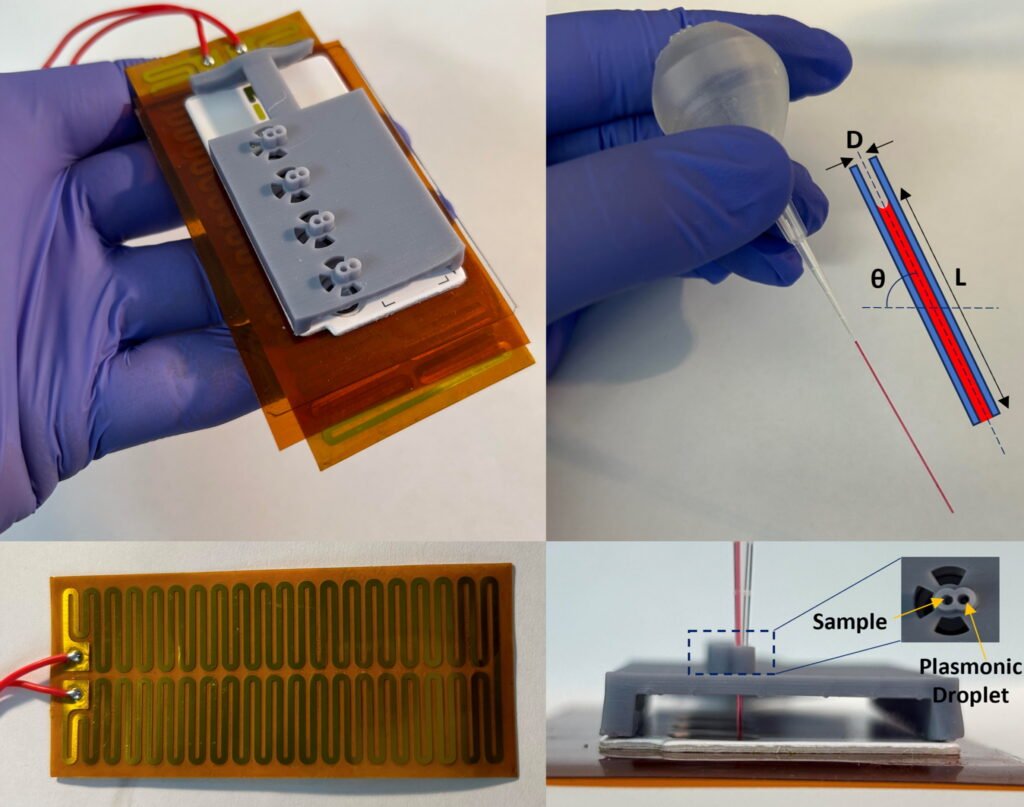At-home diagnostic tests surged during the COVID-19 pandemic, but their convenience often came at the cost of sensitivity. Now, engineers at UC Berkeley have developed a low-cost biosensing platform that could dramatically improve the accuracy of rapid at-home tests—not just for viruses like COVID-19, but also for life-threatening conditions like sepsis and prostate cancer.
The innovation hinges on a deceptively simple physical phenomenon: the coffee-ring effect. When a droplet of liquid evaporates, suspended particles migrate to the edge, forming a ring-shaped stain. Lead researcher Kamyar Behrouzi realized this effect could be harnessed to concentrate disease biomarkers in a predictable pattern. The team combined this with plasmonic nanoparticles—tiny particles that interact with light—and an AI-powered smartphone app to detect the presence of disease-related proteins in under 12 minutes.
Here’s how it works: a user adds a droplet of fluid (from a nasal or cheek swab) to a membrane. As it dries, any biomarkers concentrate at the ring’s edge. A second droplet containing engineered nanoparticles is then added. If disease markers are present, the nanoparticles bind and form light-scattering patterns that can be seen by eye or analyzed by the app. The result is a test that’s up to 100 times more sensitive than current at-home COVID tests.
The team has already built a prototype kit, complete with a 3D-printed scaffold to guide droplet placement and a small heater to speed evaporation. One of the most promising applications is for sepsis, where early detection is critical but current diagnostics can take days. The new test could identify sepsis biomarkers in just 10 to 15 minutes.
Senior author Liwei Lin envisions a future where people can screen for a range of conditions—like prostate cancer or bacterial infections—without leaving home. The technology is fast, affordable, and adaptable, making it especially valuable for low-resource settings or early intervention.
Article from UC Berkeley: From COVID to cancer, new at-home test spots disease with startling accuracy
Abstract from Nature Communications: Plasmonic coffee-ring biosensing for AI-assisted point-of-care diagnostics

